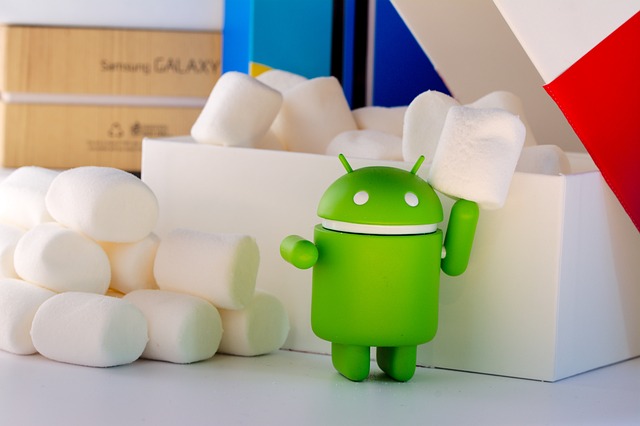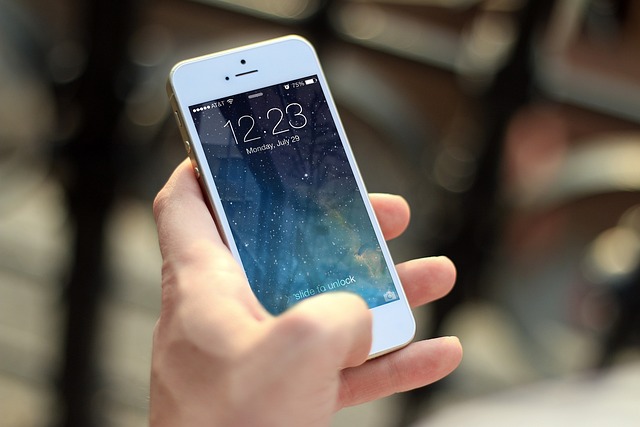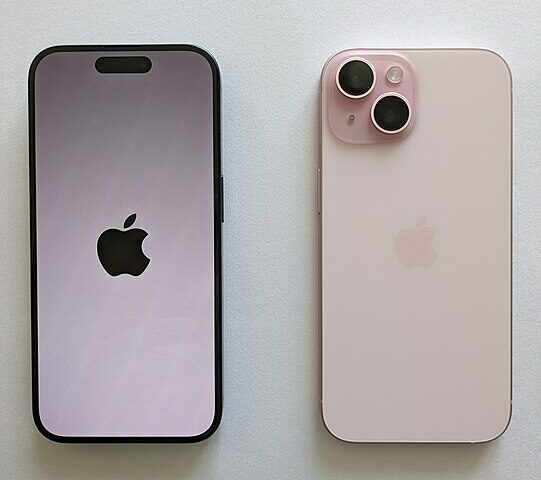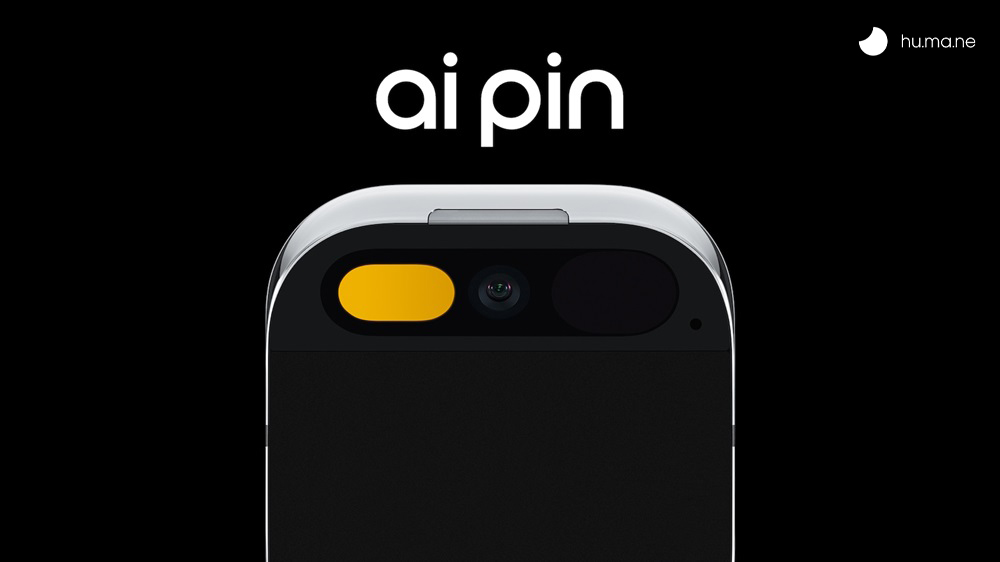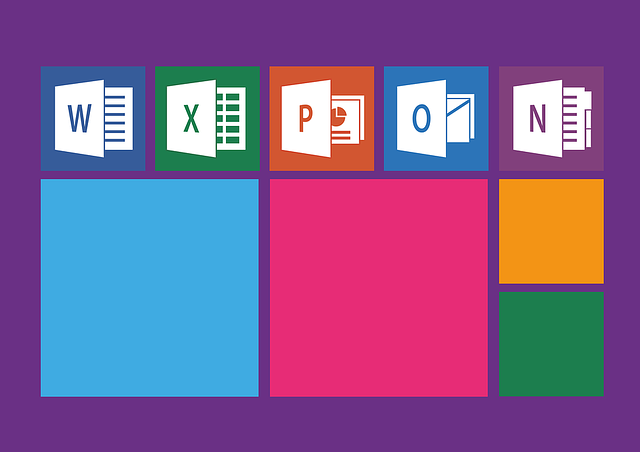The “Nothing Phone” claims it can send and receive iMessages despite not being an iPhone.
What it is actually doing is integrating the Sunbird platform, which routs traffic through its servers to send as an iMessage. The Verge says:
Nothing Phone 2 owners get blue bubbles now. The company shared it has added iMessage to its newest phone through a new “Nothing Chats” app powered by the messaging platform Sunbird. The feature will be available to users in North America, the EU, and other European countries starting this Friday, November 17th.
Nothing writes on its page that it’s doing this because “messaging services are dividing phone users,” and it wants “to break those barriers down.” But doing so here requires you to trust Sunbird. Nothing’s FAQ says Sunbird’s “architecture provides a system to deliver a message from one user to another without ever storing it at any point in its journey,” and that messages aren’t stored on its servers.
The key to the technology is not approved by Apple, and it also prevents any use of encryption that Apple users have. Ars Technica is skeptical of the technology:
Sunbird has claimed to be able to send iMessages on Android for a long time, has missed its deadline for launch, and generally doesn’t come off as a serious company. The company announced itself to the world with the promise of iMessage on Android during a press briefing in December 2022. I attended this meeting and did not write about it because Sunbird’s suspect presentation did not meet my standards for a story. To me, the purpose of a press meeting like this would be to overcome the skepticism about the claim that you could imperviously, permanently hack into iMessage. Being honest with the press would have helped, but Sunbird refused to take open questions in its big debut. Sunbird’s PR person approved and asked all the questions, the Zoom chat was turned off, and the company didn’t answer a single one of the basic technical questions.
How does Sunbird work? Why should people trust Sunbird with their ultra-important Apple account credentials, which contain some people’s entire online lives and, in some cases, a literal bank account? How are these credentials secured? Are they stored on Sunbird’s servers somewhere? Doesn’t hacking into iMessage with a third-party client violate Apple’s terms of service, possibly leading to an account ban? Won’t Apple just shut this down the instant you launch? These are all critical and obvious questions that were asked at the meeting, some of them by me, and they all went unanswered. Instead, the Sunbird people focused on how great it would be if the whole world could hold hands and share access to blue-colored chat bubbles. It wasn’t just ridiculous—the company completely failed to convince a skeptical listener that it was for real or acknowledge that there was any skepticism to overcome.
A better option for Android users is to rely on RCS texting, or WhatsApp like apps instead. Though not as integrated as texting, WhatsApp is used all over the world to communicate.
READ NEXT: This New AI Device Wants to Replace Phones

